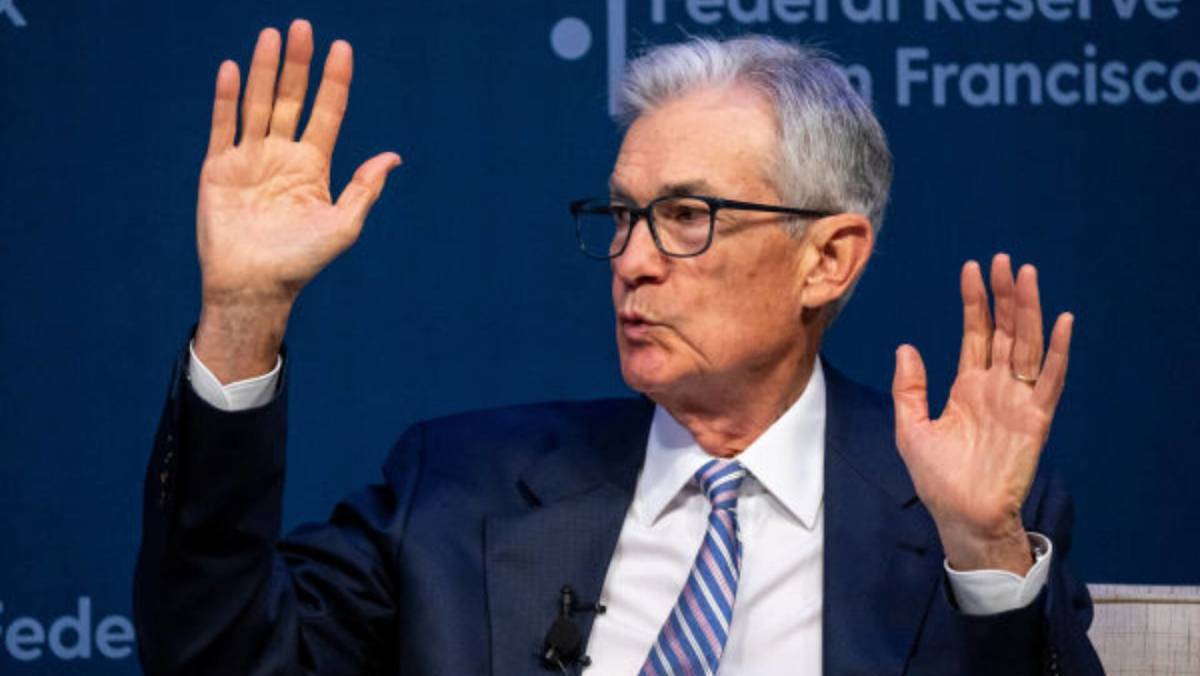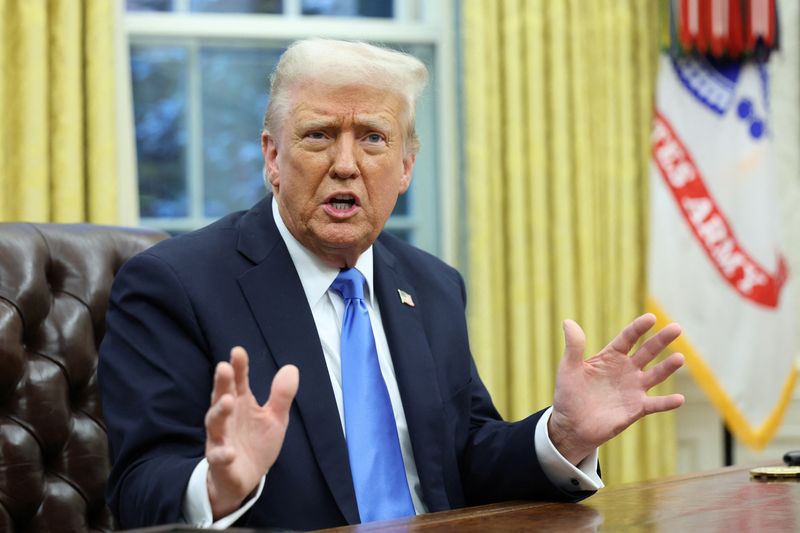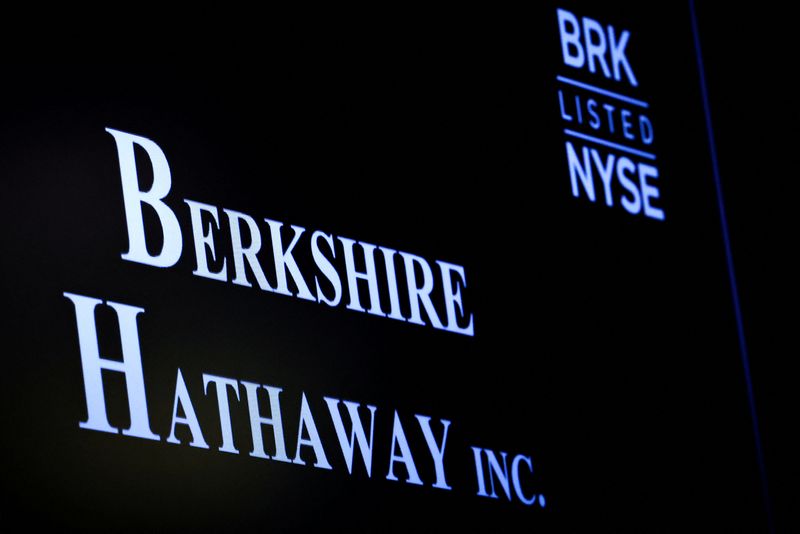Fed's Schmid Voted Against Rate Cut Because of Rising Inflation Concerns
NegativeFinancial Markets
Federal Reserve Bank of Kansas City President Jeff Schmid has expressed concerns over rising inflation, leading him to vote against the recent interest rate cut by the US central bank. He believes that the 25-basis point reduction won't effectively address labor market stresses, which he attributes to structural changes in technology and demographics. Schmid warns that such a cut could undermine the Fed's commitment to its 2% inflation target, raising questions about long-term economic stability. This decision highlights the ongoing debate within the Fed about balancing growth and inflation control.
— Curated by the World Pulse Now AI Editorial System











